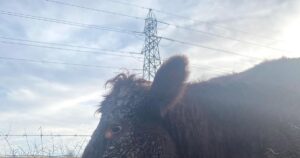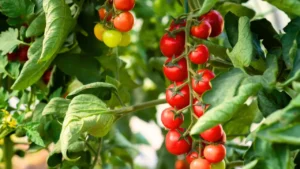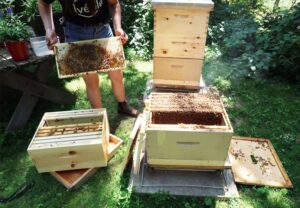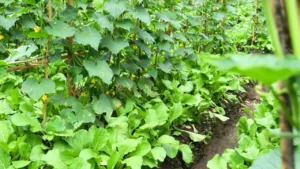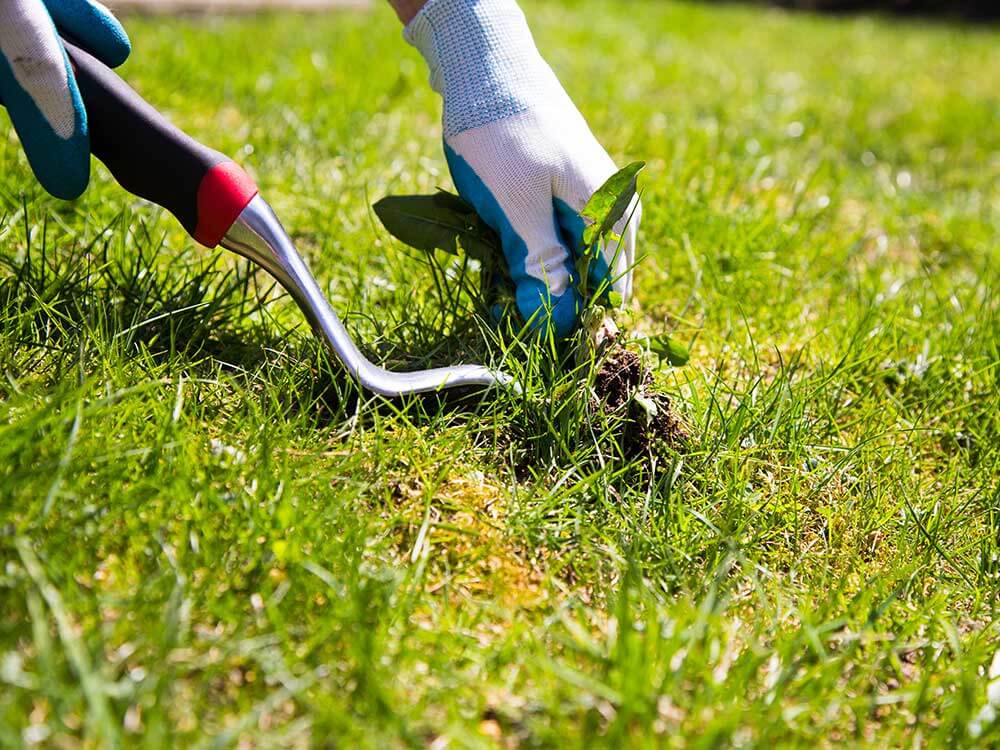
weed control.jpg

Weed Control
Definition: Weed control encompasses various strategies and practices aimed at managing weed populations to minimize their negative impacts on agricultural productivity and ecosystem integrity. Effective weed control strategies integrate cultural, mechanical, chemical, and biological methods to suppress weed growth and prevent their proliferation.
Methods of Weed Control:
- Cultural Control:
- Crop Rotation: Alternating the cultivation of different crops in a particular field helps disrupt weed life cycles and reduce weed pressure.
- Cover Crops: Planting cover crops can smother weeds, improve soil health, and compete for resources.
- Mulching: Applying organic or synthetic mulches suppresses weed emergence by blocking sunlight and inhibiting seed germination.
- Proper Irrigation: Optimal irrigation practices minimize soil moisture fluctuations, which can favor weed establishment.
- Mechanical Control:
- Hand Weeding: Manual removal of weeds by hand or using hand tools like hoes and weeders is effective for small-scale operations and in sensitive areas.
- Mowing and Cutting: Regular mowing or cutting of weeds prevents seed production and weakens perennial weed populations.
- Tillage: Mechanical cultivation disrupts weed growth, buries weed seeds, and exposes them to predation, reducing weed infestations.
- Chemical Control:
- Herbicides: Selective herbicides target specific weed species or plant characteristics while minimizing harm to crops. Non-selective herbicides kill a wide range of plant species and are useful for vegetation management in non-crop areas.
- Pre-emergent Herbicides: Applied before weed seeds germinate, pre-emergent herbicides prevent weed establishment by inhibiting seedling growth.
- Post-emergent Herbicides: Applied to actively growing weeds, post-emergent herbicides control established weed populations by disrupting physiological processes.
- Biological Control:
- Bioherbicides: Microorganisms, such as fungi or bacteria, can be formulated into bioherbicides to target specific weed species.
- Herbivorous Insects: Natural enemies, such as insects and mites, feed on weed foliage, stems, or seeds, reducing weed abundance and reproduction.
- Allelopathy: Some crops and cover crops release allelochemicals that inhibit weed growth and germination, providing natural weed suppression.
Challenges and Considerations:
- Resistance Development: Continuous reliance on a single weed control method, particularly chemical herbicides, can lead to the evolution of herbicide-resistant weed populations.
- Environmental Impact: Improper use of herbicides and other control methods may result in soil and water contamination, non-target species harm, and disruption of ecological balance.
- Integrated Approaches: Integrated Weed Management (IWM) combines multiple control tactics to synergistically manage weed populations while minimizing environmental risks and preserving long-term effectiveness.
Conclusion: Weed control is essential for maintaining agricultural productivity, protecting natural ecosystems, and ensuring food security. By implementing diverse and integrated weed management strategies, farmers can effectively suppress weed growth and minimize the need for costly and potentially harmful control measures.
Fall off the barn roof and busted your keister? Life on the farm or ranch can be tough on the bum. Need a break? Laugh it off at FarmerCowboy.com, the #1 farm humor site. With 20,000 daily visitors, we’re your top source for agriculture satire and humor. Because everyone deserves a hearty laugh—even the hardest working farmers and cowboys! Join us and turn those long days into fun tales at FarmerCowboy.com.
Originally posted 2016-03-21 02:42:53.
Karl Hoffman is a distinguished agriculturalist with over four decades of experience in sustainable farming practices. He holds a Ph.D. in Agronomy from Cornell University and has made significant contributions as a professor at Iowa State University. Hoffman’s groundbreaking research on integrated pest management and soil health has revolutionized modern agriculture. As a respected farm journalist, his column “Field Notes with Karl Hoffman” and his blog “The Modern Farmer” provide insightful, practical advice to a global audience. Hoffman’s work with the USDA and the United Nations FAO has enhanced food security worldwide. His awards include the USDA’s Distinguished Service Award and the World Food Prize, reflecting his profound impact on agriculture and sustainability.

